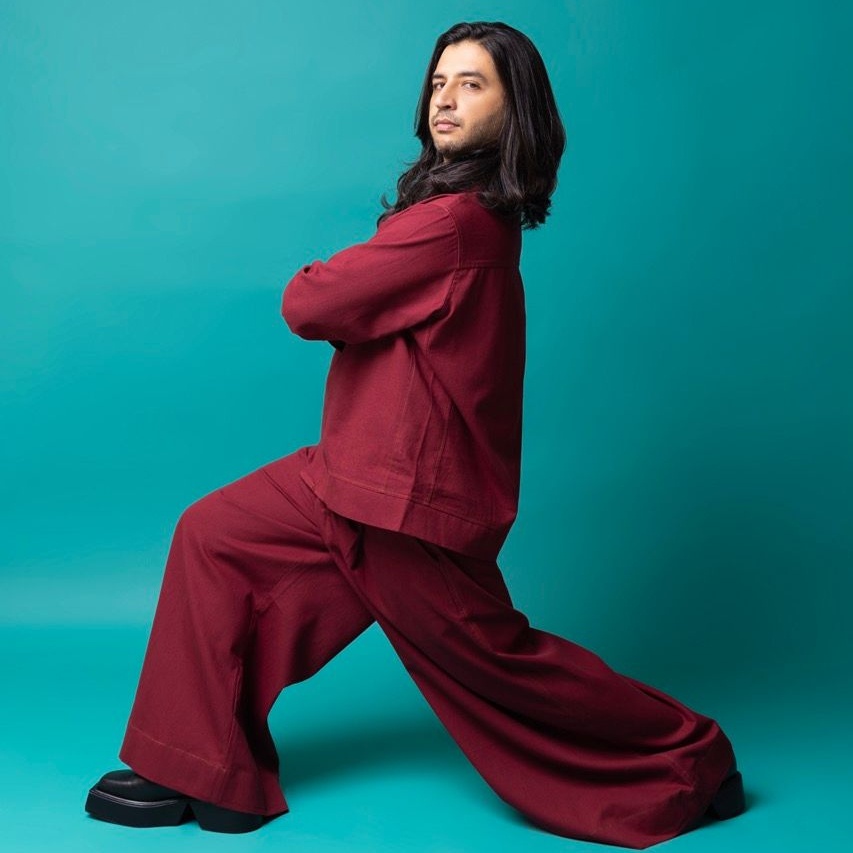The story of mezcal is not so different from the drink itself. Smoky and elusive, the liquor tiptoed around in niche, in-the-know circles for decades and then, sometime in 2020, suddenly burst into the mainstream in a kaleidoscope of flavour. The first time I really sat up and took notice of it was in 2022 at Mumbai’s Americano, where I tried a negroni that replaced gin with the Mexican spirit. The already complex bitter herbiness was suddenly complemented with a smoky undertone. Since then, I’ve seen mezcal become the star of drink menus across the city. The Table in Mumbai serves a Matchito that melds Japanese matcha tea with both tequila and mezcal, making for a refreshing drink that is surprisingly light and vegetal. In Pune, Juju makes a Oaxacan Old Fashioned using mezcal instead of whisky and in Bengaluru, The Leela Palace’s speakeasy, ZLB23, offers a margarita with mezcal, not its better-known party-starter cousin, tequila.
It’s clear that mezcal has taken the baton of Spirit of The Moment from previous holders tequila and gin. As it inspires bartenders across India, well-travelled tipplers have a chance to compare notes on which brand is the best for sipping and which parts of Mexico make the best kind. And this rise is not limited to India, with Bacardi’s Cocktail Trends Report 2024 noting that mezcal tops the ‘Next to Explode’ segment worldwide. The reasons can be traced back to 2013, when George Clooney launched Casamigos Tequila and set the stage (or bar, if you will) for a slew of high-end Mexican spirits.
Arijit Bose, co-founder of Bengaluru’s bar Spirit Forward and alcohol brand Lover’s Rum, observes that India’s own cocktail and spirits culture has had a resurgence in the last five to six years, when locally distilled gins offered consumers a chance to experiment. In the years since, the market has changed dramatically. Those who embraced gin opened up to other spirits, like tequila and, more recently, mezcal. It also helps that restaurants and bars started to spotlight provenance and processes, which appeals to younger drinkers, making mezcal’s artisanal nature, well, cool.
But wait, what exactly is the difference between mezcal and tequila? Think of it this way: all tequilas are mezcals, but not all mezcals are tequilas (sort of like how all single malts are whiskies, but not the other way round). While tequila can be made only from the Blue Weber agave plant (so it’s easier to standardise), mezcal can be made from any of the 40+ agave varieties. Both tequila and mezcal have to be made in certain parts of Mexico, and if produced elsewhere, they have to be labelled as an agave-based spirit (kind of like champagne versus sparkling wine).
All tequilas are mezcals, but not all mezcals are tequilas, sort of like how all single malts are whiskies, but not the other way round.
Mezcals are also more expensive than tequilas, and there’s nothing mass produced that can satisfy cheaper cocktails or consumption. The reason lies in how mezcal is made. The process traditionally begins with smoking the agave hearts in open pits, which is what gives the drink its distinctive smokiness. It’s also traditionally made in small batches, a process that could take 10 days, although, given its popularity, it is now being industrially produced as well. “A lot of high-quality mezcal that’s made in Mexico is sold outside Mexico,” shares Nikhil Agarwal, a partner at Anggel’s Share, a wine and spirits importer with the largest mezcal portfolio in India. It’s similar to Goa’s feni industry, in which local consumption and the brands working to go national are distinctly different.
In 2021, Rakshay Dhariwal, founder and MD of Pistola Agavepura, introduced an Indian-made agave spirit to the market. “I've always had a big affinity towards agave spirits,” he shares, “and I knew that agave grows in India, so I thought, you know, why not?” At the time, there were no mainstream premium Indian agave-based brands (Desmond Nazareth’s DesmondJi, which had been working to popularise locally made spirits, had two base-level agave-based variants only in a few states at the time). “I just put everything together and thought, yeah, this would be a good business to get into,” Dhariwal explains. Manufactured in Goa, his agave spirit has five variants. The brand’s popularity is undeniable: Pistola’s parent company, Inspired Hospitality, recently sold a 15 per cent stake to United Spirits for ₹5.65 crore.
Sachin Yadav, head mixologist at Mumbai’s Mezcalita, a Mexican restaurant and mezcal-forward bar, points to the spirit’s versatility as a reason for its rise. “Mezcal offers a diverse and complex flavour profile, ranging from deep smokiness to hints of fruity sweetness and even spicy undertones. It's this unique blend of flavours that draws customers and keeps them coming back for more.” Proving that point, The Ritz-Carlton Pune’s Aasmana, helmed by tequila sommelier Vedant Uday Shetty, launched The Agave Bar earlier this year, which offers a specially curated menu of agave-based cocktails, one of which includes passionfruit.
The way mezcal is made and priced right now makes it less accessible than most other spirits and it will take some time to become as ubiquitous. But since it offers so many variants and flavour possibilities, plus a unique provenance story, this is only a matter of time. As Bose confidently puts it, “I can safely say that mezcal is not just a trend, it’s here to stay.”




